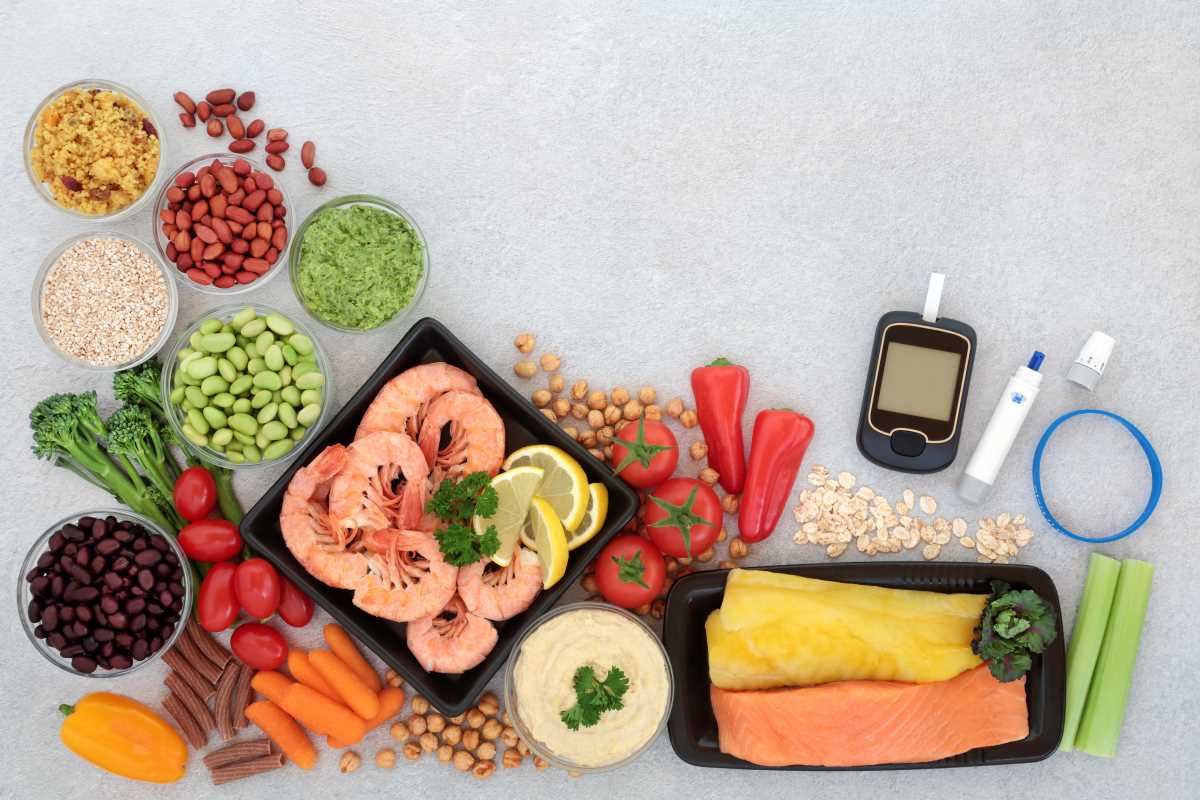When people talk about eating for health, their first thought is usually physical well-being. But what if your diet could also guard your mental health, specifically against depression? This is where the Mediterranean diet shines—not just as a heart-healthy way of eating but also as an ally for your mental well-being.
Rooted in the traditional eating habits of countries like Greece, Italy, and Spain, the Mediterranean diet prioritizes fresh, whole foods such as fruits, vegetables, whole grains, lean proteins, and healthy fats. Its benefits go far beyond your waistline, with growing research showing its ability to support emotional resilience, reduce stress, and even combat depression.
Here’s how the Mediterranean diet can play a powerful role in boosting your mental health and how you can incorporate it into your daily life.
Why the Mediterranean Diet?
The Mediterranean diet is an anti-inflammatory powerhouse filled with foods that are nutrient-rich and designed to support both your body and mind. Here’s why it stands out:
1. Loaded with Brain-Friendly Nutrients
The Mediterranean diet incorporates a range of nutrients that are crucial for good mental health. Foods in this diet are abundant in:
- Omega-3 Fatty Acids (found in fatty fish like salmon or sardines): These healthy fats are known to reduce inflammation and promote brain health.
- B Vitamins (from whole grains and leafy greens): These are essential for producing mood-regulating neurotransmitters like serotonin and dopamine.
- Antioxidants (from fruits, vegetables, and olive oil): These combat oxidative stress, which has been linked to depression.
- Magnesium (from nuts, seeds, and legumes): Magnesium is a key mineral that helps regulate mood by calming the nervous system.
2. Balances Gut Health
Did you know your gut and brain are closely connected? Your gut contains billions of bacteria that produce neurotransmitters like serotonin (often called the “happiness chemical”). A poor diet can harm gut health, leading to inflammation that affects your mental state.
The Mediterranean diet emphasizes fiber-rich fruits, vegetables, and legumes that feed good gut bacteria. Probiotic-packed foods like yogurt and fermented veggies (if included) can further cultivate a healthy microbiome, strengthening the gut-brain connection.
3. Reduces Stress and Anxiety
Chronic stress raises levels of cortisol, a stress hormone, which can interfere with mental health over time. High cortisol levels can lead to fatigue, mood swings, and even memory problems. Mediterranean diet staples like leafy greens, nuts, and whole grains have been shown to lower cortisol and help regulate stress responses.
4. Boosts Serotonin Production
Serotonin plays a crucial role in preventing depression. Many of the ingredients in the Mediterranean diet, such as tryptophan-rich foods (e.g., turkey, eggs, nuts), help the body produce serotonin more effectively. Combined with nutrient-rich carbohydrates like whole grains, this creates a steady “feel-good” effect throughout the day.
Research Backing the Mediterranean Diet for Depression
Science doesn’t lie, and emerging studies reveal how this diet can directly support mental health:
- The SMILES Trial: One of the first studies to link diet and depression treatment, this 2017 trial showed that participants who adopted a Mediterranean-style diet experienced significant reductions in depressive symptoms compared to those who did not.
- Long-Term Studies: Research published in leading journals has found that people who follow the Mediterranean diet are up to 30% less likely to develop depression.
- Inflammation Reduction: Studies show that the Mediterranean diet reduces levels of C-reactive protein, a marker of inflammation linked to depression and anxiety.
These findings highlight the diet’s ability to act as both a preventive tool and a complementary treatment for mental health conditions.
How to Incorporate the Mediterranean Diet into Your Life
Adopting the Mediterranean diet doesn’t have to mean a complete overhaul of what you eat. Small changes can make a big difference. Start with these practical tips:
- Prioritize Whole, Fresh Foods: Minimize processed foods where possible, and instead focus on ingredients in their natural state. Think fresh fruits, vegetables, lean meats, and whole grains. For example, swap packaged snacks for a handful of almonds or a piece of fruit.
- Cook with Extra Virgin Olive Oil: Make olive oil your go-to cooking fat. Rich in antioxidants and healthy monounsaturated fats, it supports heart and brain health alike. Use it in salads, as a dip for whole-grain bread, or simply drizzle over grilled veggies.
- Incorporate Fatty Fish: Aim to include fatty fish, like salmon or mackerel, in your meals at least twice a week. These are high in omega-3s, which support brain function and mood stability.
- Eat More Plants: Make vegetables and legumes the star of your plate. Whether it’s a hearty lentil stew, a kale salad with chickpeas, or roasted zucchini, plant-based foods are packed with fiber and nutrients that feed your brain.
- Snack Smart: Instead of chips or candy, reach for snacks like a small bowl ofGreek yogurt with honey, a handful of walnuts, or sliced cucumbers with hummus. Each of these options nourishes your brain while keeping processed sugars at bay.
- Treat Yourself Kindly: The Mediterranean diet isn’t about deprivation. You can still enjoy a glass of red wine or a piece of dark chocolate in moderation. These indulgences, when paired with balanced eating, can support mood and mark moments of joy.
What About Supplements?
While the Mediterranean diet itself is nutrient-rich, some people may still benefit from targeted supplements, such as omega-3 capsules or B-complex vitamins. However, it’s always best to discuss this with a healthcare professional to ensure you’re meeting your unique needs.
A Healthy Mind, A Nourished Body
While no diet alone can “cure” depression, the Mediterranean diet stands out as a powerful tool in your mental health toolkit. By prioritizing whole, nurturing foods, you’re literally feeding your brain the resources it needs to function at its best.
This isn’t just about reducing symptoms; it’s about reinforcing your emotional resilience, boosting energy, and giving yourself the space to thrive, both physically and mentally.
 (Image via
(Image via





